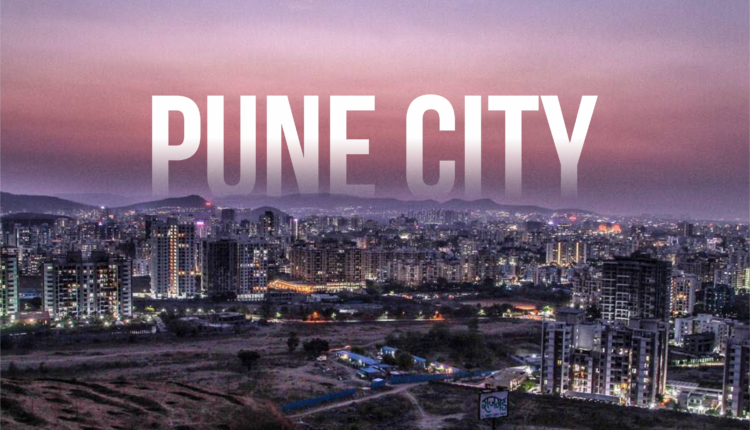Science should be free from corruption, political, administrative interference: Dr Himmatrao Bawaskar
Known for his research on pathbreaking treatment for scorpion stings, Padmashri Dr Himmatrao Bawaskar has in a commentary published in The Lancet Friday said that science should be free from corruption, political and administrative interference.
“Independent India has never celebrated an Indian Nobel laureate in medicine and physiology”, the expert added and appealed to the government to take appropriate measures to ensure Indian scientists are worthy of a Nobel Prize.
In the report `Nomination for Nobel Prizes: is it possible for Indian Scientists’, Dr Bawaskar said, “In August, 2021, India celebrated 75 years of independence. However, an independent India has never celebrated an Indian Nobel laureate in medicine and physiology. Research in India is primarily done by the Indian Council of Medical Research (ICMR), the Indian Council of Agriculture Research (ICAR), the Department of Science & Technology (DST), the Department of Biotechnology (DBT), the Department of Atomic Energy (DAE), the Council of Scientific and Industrial Research (CSIR), the Indian Institute of Technology (IIT), and the Indian Space Research Organisation (ISRO). Despite having access to all the necessary resources, these organisations have not produced a single Nobel Laureate.”
The Indian government should ensure diversity in science because it improves performance and productivity, he said. “Indian science should be democratised and opportunities should be given to all talented individuals, irrespective of their socioeconomic backgrounds. Individuals living in rural settings could contribute even more to scientific knowledge production than those living in urban settings,” Dr Bawaskar said.
“Medical curricula need to be revised because there is no formal training on clinical research. There is no training on scientific writing for publication in peer-reviewed journals with high impact factors, which would add value to scientific and academic platforms in India. Medical students should take part in regular discussion of newly published medical literature through compulsory attendance at journal clubs, clinical rounds, and medical conferences. Encouragement and awards should be given for publishing in peer-reviewed journals, and the importance and value of academic publishing should be emphasised in medical curricula. Many medical periodicals, including open access journals and predatory journals, are flourishing in India with low rejection rates, which is compromising the quality of science.Young, early-career scientists should be granted intellectual property rights because senior faculty members often become lead authors and deny due credit to their younger co-authors,” he said.
Dr Bawaskar opined, “Research productivities of India’s research institutes should be monitored closely. These institutions should be held accountable for working hours, annual salary, and research output. Scientists should aim for innovation instead of replicating existing publications, the expert has said in his comment. My clinical research on scorpion stings, snakebite, red blood cell cholinesterase (a new biomarker for dementia), iodinated salt hypo-thyroidism, chronic kidney disease in farmers, and the publication of my research in The Lancet, the British Medical Journal, and The New England Journal of Medicine is proof that clinical research can be done without any grants and only a passion for research is required.”
In a letter to Prime Minister Narendra Modi (Oct 30 this year), Dr Bawaskar has appealed to improve medical research in India and make the country a global leader. He has also urged the PM to remove emeritus/chair/honorary positions from ICMR and other scientific bodies apart from revising ICMR recruitment rules for scientists and immediately implement Dr V M Katoch committee recommendations for recruitment of medical scientists in the ICMR.


